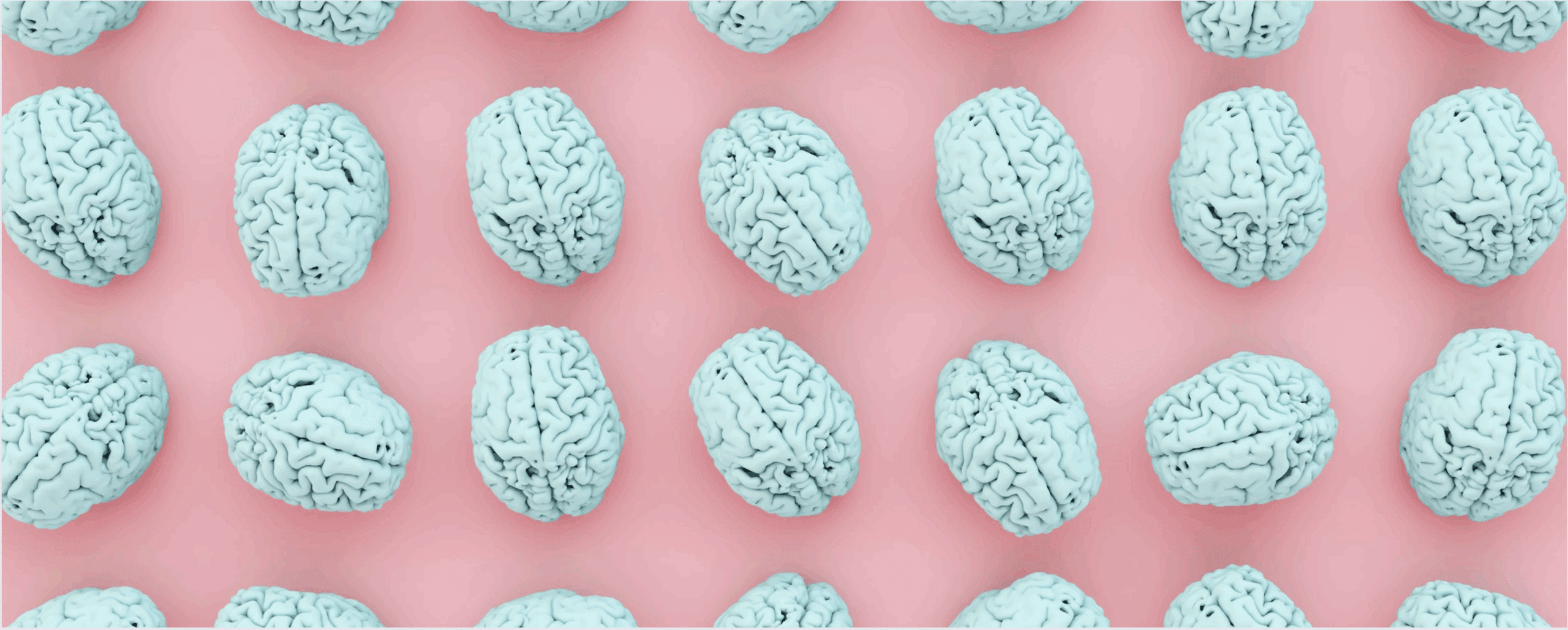Drugs and the limbic system are closely connected when it comes to addiction and how substances affect the brain. The limbic system controls emotions, motivation, and feelings of pleasure. When someone uses drugs or alcohol, these substances change how the limbic system works by flooding it with dopamine, a chemical that makes us feel good. This creates intense pleasure but also disrupts normal brain functions. Over time, addiction rewires the brain, making it hard to feel joy without the drug and driving compulsive use. Understanding what drugs do to the limbic system helps explain why addiction is so powerful and difficult to overcome.
How Do Drugs of Addiction Act on the Limbic System?
The limbic system is a group of brain structures that control emotions, motivation, and feelings of pleasure. It includes important parts like the ventral tegmental area (VTA) and the nucleus accumbens, which make up the brain’s reward circuit. When a person uses drugs or alcohol, these substances activate the VTA neurons, causing a flood of dopamine to the nucleus accumbens. This creates intense feelings of pleasure and reward. This is how drugs and the limbic system interact to reinforce drug-taking behavior. Over time, addiction and the brain change as this reward system becomes overactive, making natural rewards less satisfying. This rewiring leads to cravings and compulsive use. Understanding how drugs affect the brain and the limbic system helps explain why addiction is so powerful and why treatment often focuses on helping the brain recover and rewire itself after addiction.
The Brain’s Reward Circuit
The brain’s reward circuit is a group of connected areas that work together to make us feel pleasure and motivate us to repeat certain behaviors. When we do something enjoyable, like eating good food or spending time with friends, this system releases a chemical called dopamine. Dopamine creates feelings of happiness and reward. The main parts involved include the ventral tegmental area (VTA) and the nucleus accumbens. This circuit helps us learn what actions are good for us by linking those actions to positive feelings. However, drugs can hijack this system, causing intense pleasure that leads to addiction. Understanding the reward circuit helps explain why some behaviors become habits and why addiction is so powerful.
Looking for quality treatment for substance abuse and mental health that’s also affordable? Aliya Health Group's treatment facilities accept most major insurance providers. Get a free insurance benefits check now!
Check Your CoverageDrugs That Affect the Limbic System
Drugs affect the limbic system in different ways, altering how the brain processes pleasure, motivation, and emotions. Here’s a brief look at how some common addictive substances impact this important brain area:
- Opioids: These drugs increase dopamine in the limbic reward system, creating intense feelings of pleasure. This flood of dopamine drives repeated drug use and quickly leads to dependence by hijacking the brain’s natural reward pathways.
- Cocaine: Cocaine blocks the reabsorption of dopamine, causing it to build up in the limbic system. This leads to heightened feelings of euphoria and increased energy, but also rewires the brain to crave the drug more.
- Crystal Meth: Methamphetamine causes a massive release of dopamine, overstimulating the limbic system. This results in intense pleasure but also damages brain cells, leading to long-term changes in motivation and behavior.
- Alcohol: Alcohol affects the limbic system by increasing dopamine and altering other neurotransmitters, which reduces anxiety and creates feelings of relaxation. Over time, heavy drinking changes brain chemistry, contributing to alcohol addiction and emotional problems.
The Dangers of Long-Term Substance Abuse
Long-term substance abuse carries serious risks that affect both the body and mind. Over time, continued drug or alcohol use can cause lasting damage to vital organs and brain function. Here are some key dangers of abusing substances over a long period:
- Physical health problems: Chronic use can lead to liver damage, heart disease, lung disease, kidney failure, and weakened immune system.
- Mental health issues: Long-term substance abuse often causes depression, anxiety, memory loss, and cognitive decline.
- Brain changes: Addiction rewires the brain’s reward system, making it hard to feel pleasure without the drug and increasing cravings.
- Increased risk of overdose: Tolerance builds, leading to higher doses and greater overdose risk.
- Social consequences: Addiction can cause broken relationships, financial troubles, and legal problems.
Recognizing these dangers is the first step toward seeking help and recovery.
Get confidential help from our addiction and mental health treatment facilities located across the United States. Call to join one of our quality programs today!
Speak With Our Admissions TeamCan the Brain Heal from Addiction?
The brain can heal from addiction, but it takes time and effort. Addiction changes the brain’s structure and function, especially in areas like the limbic system and prefrontal cortex that control reward, decision-making, and self-control. When someone stops using drugs or alcohol, the brain begins to recover. Studies show that after months of abstinence, brain activity and dopamine levels can return closer to normal. This process, called neuroplasticity, allows the brain to rewire itself and regain healthier function. Although some damage may be long-lasting, many people experience significant improvements in thinking, emotions, and behavior with sustained recovery and support.
Finding Professional Help for Drugs of Addiction
Getting professional help is key to overcoming addiction and supporting brain healing. Licensed therapists, addiction specialists, and medical providers offer evidence-based treatments like counseling, medication, and behavioral therapies. These treatments help manage withdrawal, reduce cravings, and teach skills to maintain sobriety. Support from trained professionals also improves chances of long-term recovery by addressing both physical and mental health needs.
If you or a loved one is struggling with addiction, Aliya Health Group provides compassionate, personalized care using proven methods. Contact us today for a confidential consultation and start your journey toward lasting recovery.
- Role of the limbic system in dependence on drugs – PubMed
- Drugs and the Brain – NIDA
- Limbic System – Cleveland Clinic
- Limbic Neuromodulation – PubMed
- The Brain’s Reward System in Health and Disease – PubMed
- Reward Circuit – Science Direct
- Reward Processing by the Opioid System in the Brain – PubMed
- Drug addiction (substance use disorder) – Mayo Clinic
- What are the effects of drug misuse? – Medical News Today
- Addiction and Health – NIDA
- Neuroscience: The Brain in Addiction and Recovery – NIAA
- Chapter 2: The Neurobiology of Substance Use, Misuse, and Addiction – NIH








